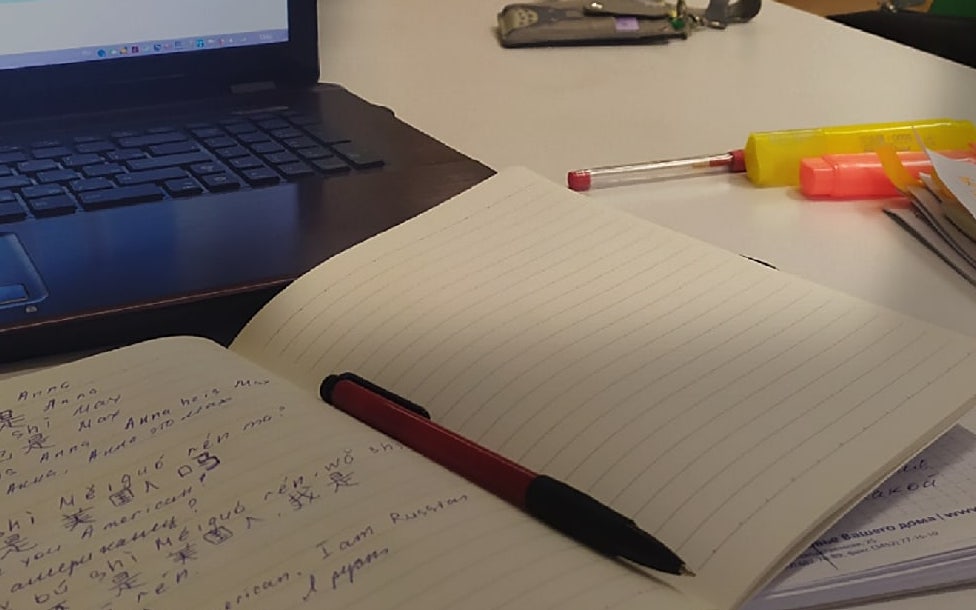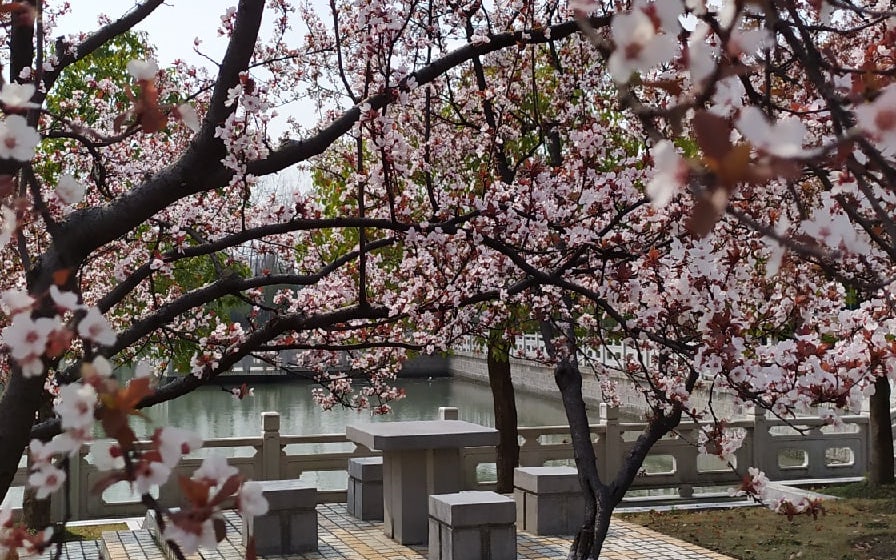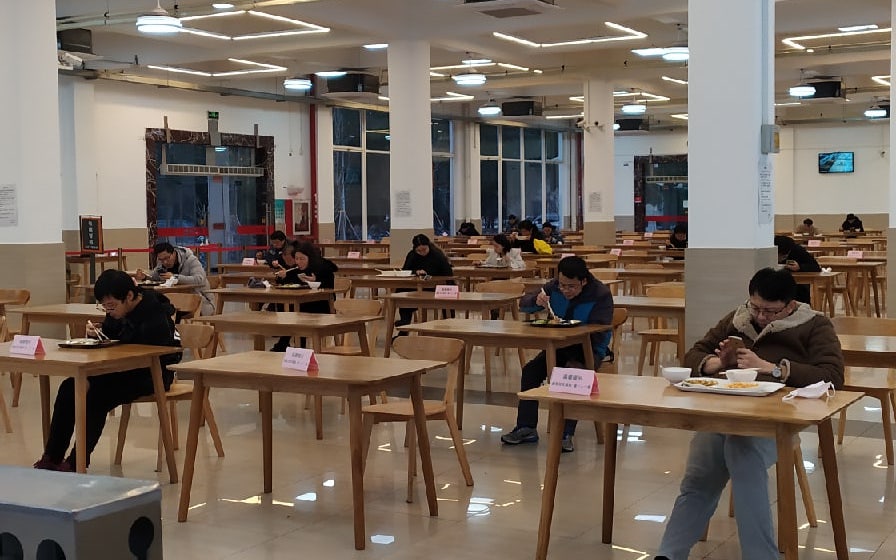Distance Learning in China: a Story of MAI-SJTU Student from Russia

 How did your training change at the time of the pandemic and quarantine? How was the transition to distance learning?We are witnessing a big step in the development of distance education not only in the country, but also in the world. For China, such a large-scale event took place for the first time, and I thank the SJTU for the good organization of online training. In the conditions in which we found ourselves, the university did a great job. We spent a week of test classes, which helped both us and the teachers get used to our future interaction.During quarantine, you stayed in China and did not go home. Was it your decision or was it not possible?I had plans for a trip in February, but I had to forget about them. There were many opportunities to return to Russia, but I decided to survive the pandemic or the whole semester in China. Will it work or not, check in the summer.How is your workplace arranged?Very simple. On the table there are a laptop, notebooks, sheets for rough notes, pens, markers, copybooks for Chinese and, of course, tea. Nothing strange, maybe, with the exception of embroidery, for which I spend minutes of rest, watching TV shows in parallel.
How did your training change at the time of the pandemic and quarantine? How was the transition to distance learning?We are witnessing a big step in the development of distance education not only in the country, but also in the world. For China, such a large-scale event took place for the first time, and I thank the SJTU for the good organization of online training. In the conditions in which we found ourselves, the university did a great job. We spent a week of test classes, which helped both us and the teachers get used to our future interaction.During quarantine, you stayed in China and did not go home. Was it your decision or was it not possible?I had plans for a trip in February, but I had to forget about them. There were many opportunities to return to Russia, but I decided to survive the pandemic or the whole semester in China. Will it work or not, check in the summer.How is your workplace arranged?Very simple. On the table there are a laptop, notebooks, sheets for rough notes, pens, markers, copybooks for Chinese and, of course, tea. Nothing strange, maybe, with the exception of embroidery, for which I spend minutes of rest, watching TV shows in parallel. How was your life gong at the time of quarantine and how is it arranged now when the virus in China is receding?At the very peak of our forced self-isolation, I shot down my regime and almost turned into a vegetable, but quickly pulled myself together. February, for example, has become a month of self-education for me. English lessons, initial attempts at learning Chinese, psychology, a video about aviation, and for dessert - video tutorials on machining and TV shows in Chinese with subtitles. Now most of the time is studying, homework, but I try to go out as often as possible, because spring in China is something incredibly beautiful, and it will be a crime not to enjoy it.
How was your life gong at the time of quarantine and how is it arranged now when the virus in China is receding?At the very peak of our forced self-isolation, I shot down my regime and almost turned into a vegetable, but quickly pulled myself together. February, for example, has become a month of self-education for me. English lessons, initial attempts at learning Chinese, psychology, a video about aviation, and for dessert - video tutorials on machining and TV shows in Chinese with subtitles. Now most of the time is studying, homework, but I try to go out as often as possible, because spring in China is something incredibly beautiful, and it will be a crime not to enjoy it.
What were the difficulties with the transition to distance learning?
Since September I have been teaching English online with a teacher. Perhaps that is why the transition to distance learning was painless for me. In the future, additional Chinese online lessons. For me, the main difficulty was that a lot of time had to be spent at the desktop. So now I try to move more and do yoga.
How and on what platforms is the training going? In what format?
The training takes place on the ZOOM platform, there were no problems with installation and operation in it. Lectures are held online, the teacher sends the training material in advance or after the lecture. The lecture recordings can be viewed in the personal account on the university website. We send part of homework by e-mail, part - in our account (depends on the decision of the teacher). We receive the necessary information for our training through the WeChat messenger. Also, through it, test are being held during the lectures, or photos of the notes are being sent to the group.
Is there any information about when the transition to full-time study will be completed?
While we are waiting for confirmed information from the SJTU. But, following the situation in the world, I believe that the probability of a quick transition to full-time study is small.

Canteen at the SJTU: everyone sits one at a time, communication is prohibited.
Please, share with us tips on how best to organize your time in quarantine.
The main thing is to observe the daily routine. It is also extremely important to carry out zoning of the place of residence: do not make an office, a dining room, or a place to sleep of a bed. Ventilate the room more often, try to eat right. Panic less and improve yourself, or do what you like in free time. If you do not live alone, then you need to organize a place where you can be alone for some time. Over time, you will get used to the new lifestyle and you will be more comfortable on self-isolation.